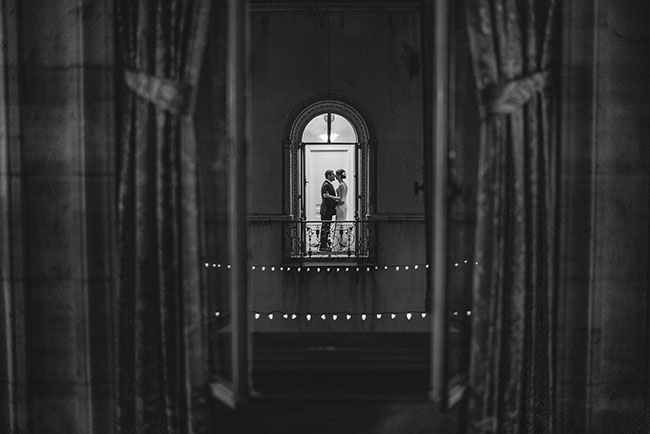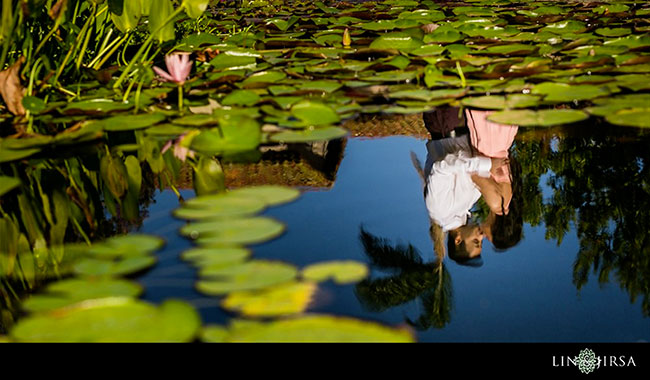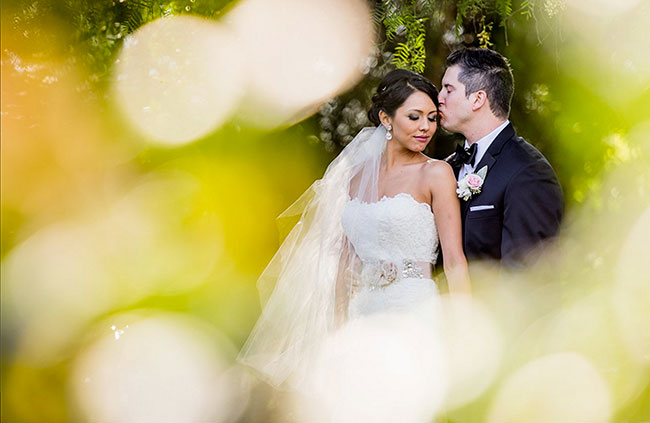
Remember that movie, Inception, where thought crimes are committed inside a dream within a dream and by the end of the film your mind was totally blown? Wait, what happened???? Was he dreaming the whole time? Was it a dream within a dream within a dream? Does reality even exist? The Inception concept (dream within a dream) is a helpful metaphor for one of my favorite compositional “tricks” which is using a frame within a frame. Including a frame within a frame in your composition can totally blow your viewers minds. Ok, maybe not literally, but it can certainly make a boring photo into an interesting work of art.

In Chapter 5 of Photography 101, Pye teaches some compositional tips for creating great images. Framing is one of the basic principles of composition that can add a lot of interest and impact to your images. Today, we’re going to talk specifically about including a “frame within a frame” in your composition and brainstorm some creative ideas for doing so.
So, what’s the big deal with the frame within a frame? How can it improve your composition? Framing your subject can strengthen the focal point, add texture and interest to an otherwise flat and boring image, help tell a story, provide balance to the composition, add depth to a scene and elevate a snapshot to a fine art image. These are the things that set a creative artist apart from a mere recorder of light. Below are 10+ examples of the compositional technique of “a frame within a frame.”
Secondary Subject in Foreground

In this image, photographer Nicole Chan is using the arm of her secondary subject in the foreground to frame the primary subject in the background. The groom is also being framed by the partial arch of the doorway behind him. There’s no question what the focal point is here. Your eye goes right where it’s supposed to go. Then we can look around and see there’s a story being told in an interesting way. It’s a groom seeing his bride for the first time. Very well done.
Framing with Windows & Doors

Jason Guy, of Jason Guy Photography, spotted this cathedral while walking around in Hawaii with his sister for her wedding photos. They popped in to grab a few shots in front of this window. Great choice! Windows and doorways are always excellent options for framing. In this case, the pattern on the tiles of the floor are framing the bride, as are the structure of the window and the architecture of the building itself. Since this image is very low contrast, the framing is acting as more of a texture in the background. It’s very subtle. Framing doesn’t have to always be glaringly obvious.
Organic Framing

In this image from Lin & Jirsa, the couples’ reflection is being framed by lilly pads in a pond. Using organic material to frame your subject can have a softer look than windows and doorways. Look around you, there are framing options everywhere!
Framing Ceilings as Leading Lines

Here’s another example from Lin & Jirsa. In addition to using the doorway to frame the couple, the architectural elements of the walls and ceiling of the building, as well as the light fixtures and light source itself are creating a frame within a frame within a frame. This frame within a frame technique is drawing our eye to the focal point of the image. Everything points to the couple.
Archways as Frames
 Archways are a classic architectural feature used for framing. How could you pass one up, actually? In this case, the contrast between the light on the subject and shadow on the front of the wall are also helping to frame the subject.
Archways are a classic architectural feature used for framing. How could you pass one up, actually? In this case, the contrast between the light on the subject and shadow on the front of the wall are also helping to frame the subject.
Bokeh and Foregrounds Elements
 Creating some bokeh in the foreground of the image is a creative and soft way to frame your subject. You could shoot through tree leaves, use a glass or crystal, shoot through fabric or lace. Or, do what Pye does and spray some water on your lens (crazy!)
Creating some bokeh in the foreground of the image is a creative and soft way to frame your subject. You could shoot through tree leaves, use a glass or crystal, shoot through fabric or lace. Or, do what Pye does and spray some water on your lens (crazy!)
Curtains/Fabric

Shooting through curtains or fabric can be a good way to frame a subject. You can see the frame within a frame here, which really leads your eye through the composition.
Creating Depth


Here are two examples of framing by Jay Cassario of Twisted Oaks Studio. The first shot is nice, but the second has so much more depth. The frame within a frame adds more to the story. It draws you in. Even though there’s more detail in the image, there’s less distraction from the focal point. Frame within a frame. Do it!
Framing with Color and Texture

Trees can be great for framing. In this image by Michael Kinney, the branches frame the couple and the overall color and texture in the scene also frame them. When I asked Michael how he chooses framing for his images, he said, “It’s really all about finding a place to put the couple where lines don’t intersect their heads, but go around them. Finding space in the middle of chaos.” I love it!
Frame + Reflection

Here’s another shot by Michael Kinney. Using a frame within a frame plus reflection is a double whammy. You’ll notice this couple is framed by the circular cutout of the wall plus the rectangle behind their heads plus the overall architecture of the room behind them, plus the dark shadowed tile area around the perimeter of the image. Frame, frame, frame, frame. See how much depth and interest that creates?
Frame Within In a Frame Ideas
Here’s a list of a few elements you can use to create framing in your images. This isn’t an exhaustive list by any means. Just take a look around you and find things you can you use within your composition to frame your subject. Finding a double or triple “frame within a frame” will add even more interest and depth to your image.
- Archways
- Bridges
- Doors
- Windows
- Mirrors
- People
- Ceilings
- Bokeh
- Curtains/fabric
- Fireplaces
- Multiple frames within a frame\
- Light
- Shadow
- Organic material
- Negative space
- Reflections
- Color
To learn more incredible composition tips, check out our comprehensive beginning photography course, Photography 101. You’ll learn how to approach a scene, how to light, how to pose, how to expose and how to compose amazing shots like those we’ve reviewed here.




Get Connected!